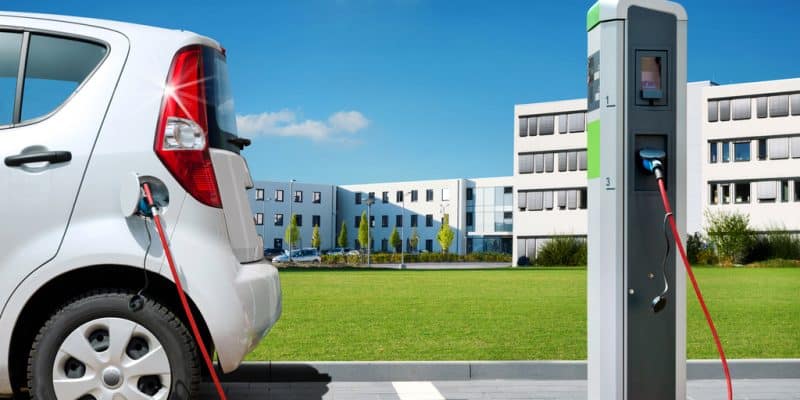The Energy and Petroleum Regulatory Authority (EPRA) has introduced new guidelines for battery charging infrastructure for electric vehicles (EVs) in Kenya.
According to these guidelines, there will be public charging stations every 25 kilometers along major highways. Additionally, within urban areas, charging facilities for heavy-duty EVs will be located at bus stops.
EPRA has mandated that at least one charging station should be available within a grid of three kilometers by three kilometers, and one charging station must be set up every 25 kilometers on both sides of highways and roads.
For long-range EVs like SUVs, buses, and trucks, there will be at least one fast-charging station every 100 kilometers on both sides of highways or roads.
Charging stations have been granted preferential power tariffs of Sh16 per kilowatt-hour (kWh) during peak hours and Sh8 during off-peak hours by Kenya Power, positioning itself to benefit from the growing adoption of EVs in Kenya.
Kenya Power estimates that an average minibus in Nairobi would use around Sh2,400 worth of electricity per day, and it has the capacity to charge 50,000 buses and 2 million motorcycles daily.
The EV market in Kenya is expanding, with various public service vehicle companies in Nairobi acquiring EV fleets. Kenya Power has also recently invited bids for EV pickups and motorcycles for one of its Nairobi yards.
Kenya’s majority state-owned energy company, KenGen, has introduced four EVs, including SUVs and double-cabin pickups, for data collection and policy development. KenGen plans to transition its entire fleet to EVs, with two EV charging stations in Nairobi and Naivasha, and a plan to deploy approximately 30 EV charging stations in major cities across the country.

















